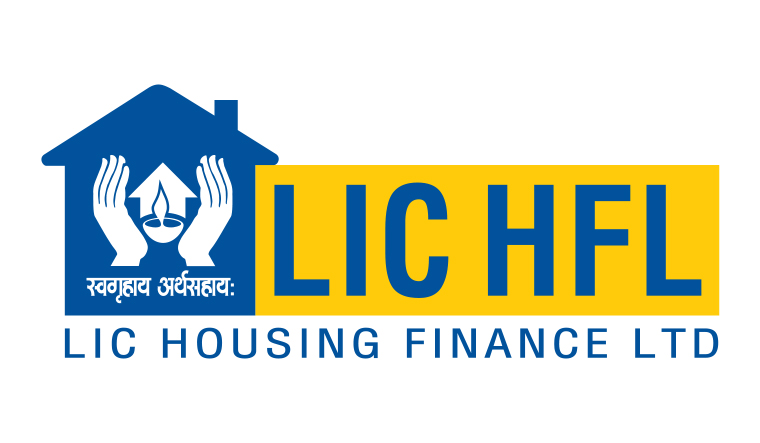
| CIN | Not Available |
|---|---|
| Year Established | Not Available |
| Address | Not Available |
| Company Status | Not Available |
Overall Case Outcomes
LICHFL Care Home: A Comprehensive Review of Complaints and Legal Outcomes
When considering real estate investments, potential buyers often rely on the credibility and performance history of builders. One such builder that has garnered attention is LICHFL Care Home, particularly in the context of complaints and legal outcomes. This blog post will delve into the builder's performance through a detailed analysis of complaints, legal cases won and lost, and factors prospective homeowners should consider.
Overview of LICHFL Care Home
- Total Complaints: 83
- Cases Won: 21
- Cases Lost: 62
- States with Projects: Odisha
Legal Case Analysis
Cases Lost by LICHFL Care Home
Out of the 62 cases lost, several notable patterns emerge:
- Common Claims: Most complaints relate to delays in completion and non-handover of flat possession. The complainants frequently sought compensation for these delays, highlighting buyer dissatisfaction with timelines.
- Responses from the Builder: LICHFL often defended the delays by citing unforeseen …
Cases Lost by Builder (When Defending)
Yearly Trend for these Cases
Common Topics
Analysis of the cases filed against LICHFL Care Homes, where the builder lost, reveals significant insights into the common themes and disputes surrounding their projects. The cases can be broadly categorized into several types, including delayed possession claims, escalation cost disputes, failure to form allottees associations, non-compliance with orders, and penalties for project delays.
The majority of the cases revolved around delayed possession claims, where the complainants alleged that the builder had failed to deliver possession of their flats within the stipulated time. Often, these delays were attributed to unforeseen circumstances, which the builder claimed were beyond their control. However, the authority consistently ruled in favor of the complainants, indicating a pattern where the builder's defenses were insufficient to mitigate their obligations.
Escalation cost disputes were another frequent theme. Complainants often claimed that the builder had demanded higher prices without justification, which led to a refusal to pay the escalated …
Individual case details available for subscribers.
Cases Won by Builder (When Filing)
Yearly Trend for these Cases
Common Topics
An analysis of the cases filed by the builder, LICHFL Care Home, which it won, reveals a fascinating picture of the builder's litigation history and the common themes that emerge. The cases predominantly fall into the following categories:
- Legal Compliance and Disputes: These cases illustrate various legal battles the builder faced, often involving claims related to adherence to municipal and regulatory standards. The builder frequently finds itself defending its field compliance and obligations under real estate laws, showcasing the complexities of navigating regulatory environments.
- Challenges Against Penalties: LICHFL Care Home has exhibited a strong tendency to contest imposed penalties related to project execution and completion timelines. Cases have shown a willingness of the builder to challenge what they perceive as unjust penalties, thereby highlighting their pursuit of fairness in the face of adverse rulings.
- Rebuttals to Claims of Project Delays: Another recurring theme …
Individual case details available for subscribers.
Cases Won by Builder (When Defending)
Yearly Trend for these Cases
Common Topics
An analysis of the cases filed against the builder LICHFL Care Home, which the builder won, revealed the following information.
The disputes primarily involved claims regarding 'Delayed Possession', where complainants sought compensation for delays in the completion and handover of flats.
In these cases, the builder successfully argued that the delays were due to significant factors, such as arbitration proceedings and RERA registration.
Another common theme was 'Regulatory Compliance Disputes', where issues arose about the failure to maintain common areas and incorrectly charged interests, with the builder asserting that complainants did not cooperate with necessary processes such as forming allottees associations.
Additionally, cases related to 'Penalties and Default Cases' spotlighted the defaults in payment from the complainants, which often led to the dismissal of their claims.
The reasons leading to court involvement by complainants usually involved contesting penalties for delays or non-handover of properties.
Patterns emerge indicating that many disputes …
Individual case details available for subscribers.
Builder Reviews
No reviews for this builder yet. Be the first one to share your thoughts!
Submit Your Review
Interested in buying from LICHFL CARE HOME?
Leave your details – our team will call you back within 5 minutes.